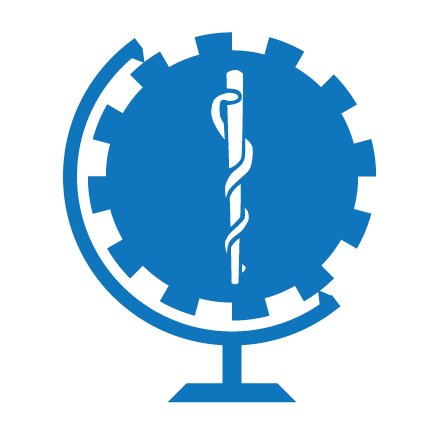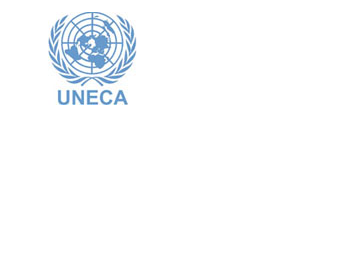Impactful Innovation Needs More Meaningful Collaborations
How do we, as scientists, measure the success of our research endeavors? Are we successful as long as we are enjoying the work? Do we have to wait until a unit-less constant or a device bears our name? Is discovery for the sake of discovery a noble enough cause? Perhaps in theoretical sciences those ideals hold. However, in the applied sciences – and engineering and medicine are clearly applied sciences – we must measure our success by the impact we have in daily life. This might be anywhere from creating a greener light bulb to designing the new method of mass communication.
At first glance, I suppose the idea that our work should have a positive impact on daily life seems trite. Who would devote a year or more of one’s time to something that won’t have an impact on anyone? However, it happens time and time again that a really interesting engineering problem gets solved in a manner that stops short of a meaningful impact. One such example is the iBOT (http://www.ibotnow.com/), created by Dean Kamen. The man is by all accounts a genius, and he created a wheelchair that could climb stairs, raise the user up to a normal height so they do not feel looked down upon, go down curbs, and even put up with varied terrain, including up to 3 inches of water. It was an engineering masterpiece. However, retailing at over $26,000, the device proved to have a very limited market, and is now off the market.
The lesson to be learned here is that a closer relationship needs to exist between engineers and users. In the context of biomedical engineering, it is crucial that projects be collaborations between physicians and engineers. This addresses two crucial issues. First, the physician is in a much better position to know what sort of biomedical research would be practical and adaptable. If your technology does not make any clinical sense, then it won’t have the impact you are looking for. Good science needs a well understood problem, and this is only achieved through effective communication between disciplines.
As an additional consideration, this communication between physicians and engineers speaks to the need for translational medicine, or Bench to Bedside research, to use the buzzwords. Finally we are starting to see the breakdown of the system. Engineers are adding to the base of medical knowledge every day, publishing their work to share with the academic community, but there is a disconnect between this progress and changes in medical practice. Firstly, engineers and physicians tend to publish in different journals, preventing effective cross communication, although there are journals now attempting to address this. Secondly, a scientist must be accountable for disseminating his work, and this is where I call for more effort.
We as scientists cannot be content with providing solutions to problems. We do not impact the world by creating sensitive and robust devices. We impact the world by creating such devices or processes or programs, and then sharing them with the world, and this sharing is not just publishing one paper. It is often said that you must be your own advocate for the change you want to see in the world, and that applies to scientific knowledge as well. If you have developed something that has the potential to change the world, it is your responsibility to make sure the relevant people know, and this goes beyond publishing a paper. This extends to reaching out to physicians or whoever the relevant end-users are.
Translational medicine is a two way road. Physicians need us to innovate, but we need them to implement. A healthy collaboration can make the difference between 5 years of wasted work and impacting millions of lives.












March 15, 2011
This post presents some intriguing dilemmas, which are unfortunately not limited to the fields of engineering and science. It seems that as technology, and even intellectual thought, have progressed they have required experts to develop ever narrowing foci until they are lost in the esoterica of their fields. It would probably do professionals in every field some good to take a step back and see the proverbial forest through the trees. As the author of this post stated, if you can’t (or don’t) apply your work, what’s the point?